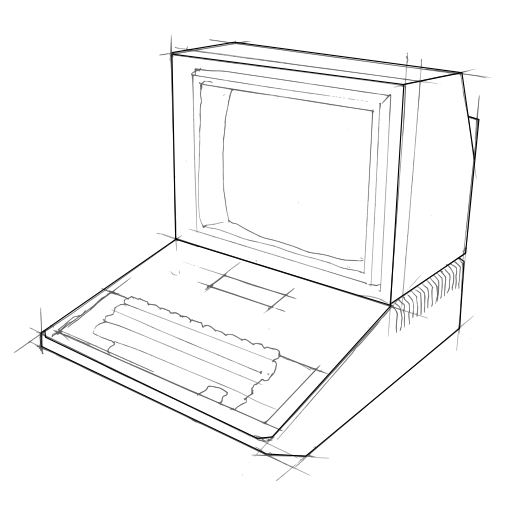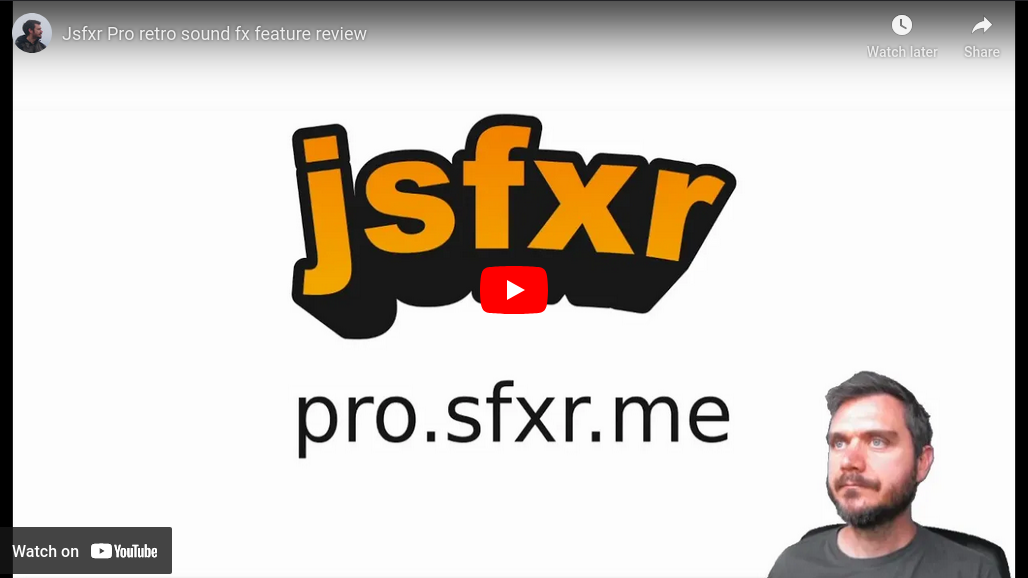There are few situations in life which offer a win-win-win outcome at low cost and without any real down side. Publishing search data is one such situation. It's good for the people searching, it's good for the people producing, and it's good for the platform.
Search data means aggregated anonymous data about what people typed into the search box. For example, how often a particular word is typed, and how often it appears together with other words. Search data changes over time with trends and tastes.
When you search for something you are expressing a desire. "I want X" or "does X exist?" or "I want to know more about X". You are telling the platform what you find useful, interesting, desirable, and fundamentally valuable. It is often the case that you find out the thing does not yet exist, or it exists but not in the form, features, or aesthetics you were hoping for. Sometimes you even search because you want more like the thing that already exists. Attention is a signal.
As a producer, you try to make something people want. You want to make something people want because what people want is valuable. It's either literally profitable or it's for the popularity, attention, or kudos. It's fine to make things for other reasons of course, but you put something on a searchable platform specifically because you want more people to find and use it. The challenging thing is figuring out what to make. What do people want? Not just the particular thing or category, but also users' specific interest in differentiated details such as form, features, volume, and aesthetics. A producer wants to know all this so they can give people what they want.
Platforms want transactions. They profit by taking a cut of transactions and from the popularity and attention on the platform itself. When people get what they want the value of the platform increases, attention increases, transactions increase, and the platform profits. Platforms want more people getting what they want from producers.
When search data is open, it helps all of these groups at once.
- Producers get a detailed, updating view of what people want.
- Producers can then fill gaps in the market by making the things people want more of.
- Users then get what they want (what they searched for), and more of it.
- The platform then profits as transactions and attention increase.
If you run a platform you can create a lot of value simply by publishing search data. If you have a search box on your thing, please think about publishing anonymous aggregated search data for it. It's a rare win-win-win situation.
Note: there are obvious privacy implications and I am not advocating for publishing raw data or low-volume searches containing personally identifiable terms. Those are problems that have already been solved by platforms publishing search data, and it is possible to publish search data that is safe and private.

 Jsfxr Pro has been humming along for a couple of years now since I realased it at the end of 2022. People are using it every day to generate retro sound effects. Some of them sign up and subscribe for the Pro features. It's become a happy little micro-SaaS that runs itself.
Jsfxr Pro has been humming along for a couple of years now since I realased it at the end of 2022. People are using it every day to generate retro sound effects. Some of them sign up and subscribe for the Pro features. It's become a happy little micro-SaaS that runs itself.

